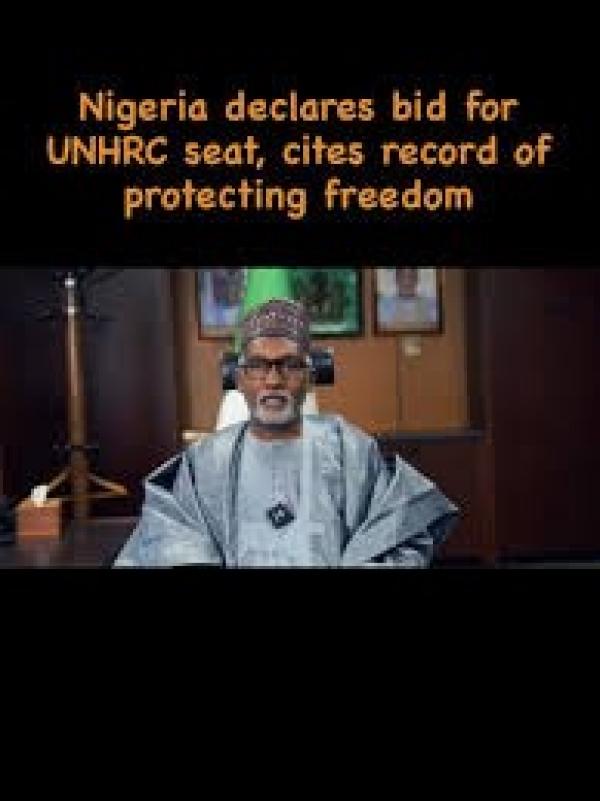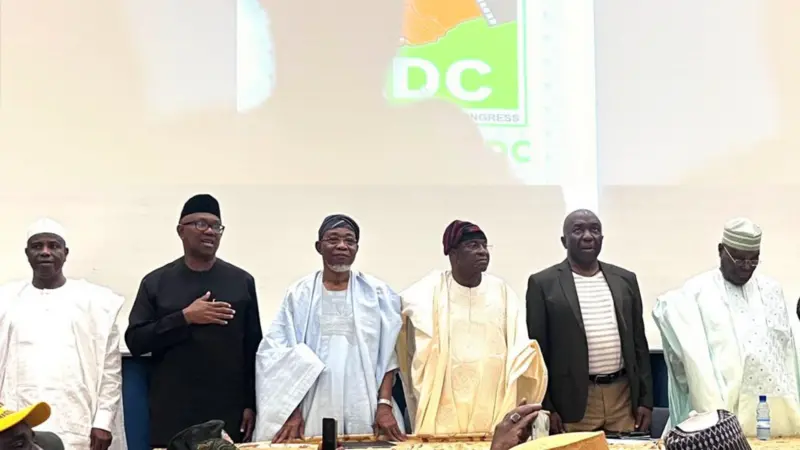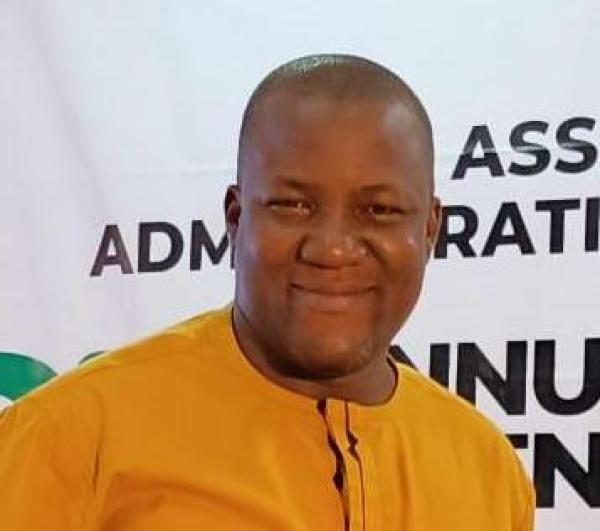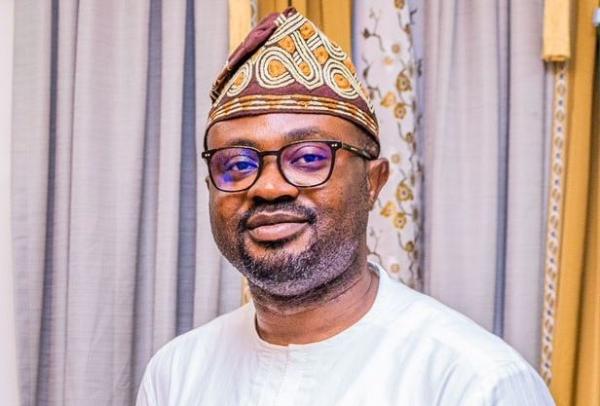
The Finance Minister, Kemi Adeosun, on Monday, said there was need to embrace private sector capital to provide additional impact for government spending to bridge the infrastructure gap. In a statement released by her Special Assistant (Media), Festus Akanbi, the minister was quoted as saying that the country was at a stage of reforming the process for Public-Private Partnerships (PPPs). She said the aim was to provide a seamless pathway to attract much needed private finance and operational inputs to service delivery.
According to her, private capital will bring more than financial resources, discipline and best practices. Adeosun said it would also create a benchmark against which the utilisation of public money could be measured. She added that it was important to link the fiscal housekeeping initiatives that the country had for a wider economic strategy. The minister said questions around the focus on corruption and the elimination of ghost workers, controlling inefficient spending and preventing revenue leakages needed to be evaluated. She, however, said this should be in the context of how it impacts on Nigerians’ ability to stimulate the economy.
“We have been increasing our level of borrowing annually, and much of that is used to fund recurrent spending. “Indeed in 2015 just 10 per cent of spending went to capital items. We spent more on travel, training and stationery than on roads. “No nation has ever developed with such consistent underinvestment in capital.”
On global commodities’ downturn, she said the manner in which governments had intervened to protect their economies had been diverse and innovative. The minister said what was abundantly clear was the fact that the previous consensus about what was best for the global economy was rapidly changing. “There is a concerted move towards individualism rather than collectivism. “The new global economy is that each nation must painstakingly work out the best path to follow. “For Nigeria, we believe that the best path to follow is to invest in infrastructure that will unlock the potential in the non oil sectors,” she added.
According to her, the country can transit from being a commodity economy to an industrialised and regionally dominant one. She said oil was important but clearly not enough citing Iran as recent and relevant example of a country living without oil. “The sanctions that embargoed Iran’s oil led to the development of robust petrochemical and other export industries that enabled the country to survive. “Iran survived without oil, made tough decisions and is now being feted by investors as the next growth economy.
“The focus of our economic policy is to redress the infrastructure deficit, unlock the rich diversity in the economy with a determined and focused turnaround programme.






















